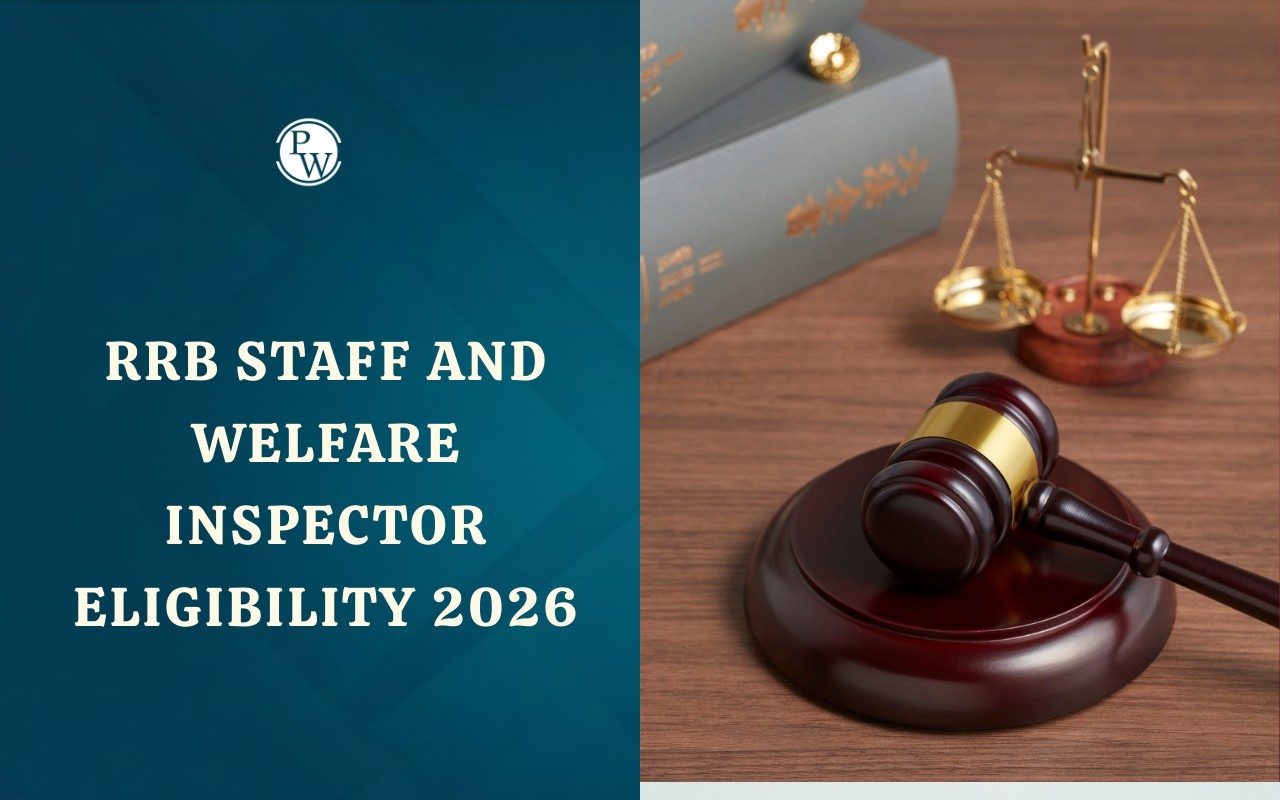
How to Become A Judge in India: In India, becoming a judge is termed esteemed and reputable. Almost every law candidate aspires to become one someday. A judge is a legal profession and has a lot of responsibilities towards the public. A judge presides over the court proceedings and listens to both the defendants and prosecutors. After hearing both sides, the judge gives his/her verdict based on facts and proof. This article will impart knowledge on how to become a judge in India, what are the primary steps in becoming a judge, and the salary and perks provided to them.
What does a Judge do?
A judge presides over court proceedings, ensuring they are conducted fairly and according to the law. The responsibilities and roles of a Judge include interpreting laws, assessing evidence, making legal decisions, and delivering judgments or sentences. They are responsible for maintaining law and order in the courtroom, overseeing trials, and resolving disputes between parties. A Judge also gives instructions to the jury. In the case of civil laws, a judge determines liability and damages.Step-by-Step Guide to Become A Judge in India
Get a Bachelor's Degree
To become a judge in India, aspirants need a bachelor's degree from any recognized university in any of the disciplines such as B.Com, BBA, BA, BCA, or B Tech.
Enrollment in Law School
Candidates need a law degree from a recognized university. To enroll in law school, candidates need to qualify for the Law Entrance Exam such as CLAT, AILET, SLAT, and LSAT. The course duration can be either 3 years or 5 years. To become a judge candidates need to complete their LLB degree.
How to Become How To Become a Judge in India After LLB
Judicial Service Examination
Candidates have to qualify for the Judicial Services Exams conducted by the respective State Public Service Commission or the High Court of the State. The exam includes preliminary and mains written exams followed by an interview. The preliminary examination is an objective paper whereas the mains exam is a descriptive test. Candidates who have cleared both prelims and mains examination are called for the interview rounds.
Lower Judicial Services (LJS)
The Lower Judicial Services Exam is conducted by the either State Public Service Commission or the High Court for the post of Civil Judge in the state. To appear for the exam, candidates must be within the age bracket of 21-35 years and have a 3-year or 5-year integrated LLB degree. For the reserved category, there is age relaxation provided according to the government norms.
Higher Judicial Services (HJS)
The Higher Judicial Services Exam is conducted to promote Civil Judges to District Judges or appoint Advocates as District Judges. To be eligible for the promotion, candidates have to practice for a minimum of 7 years at the trial court level as an advocate. Candidates must be within the age bracket of 35 to 45 years.
Qualifications & Eligibility to Become A Judge in India
To become a Judge in India, aspirants need to fulfill certain qualifications and Judiciary exam eligibility criteria that differ with the court or level of judiciary. Some of the general requirements are as follows.
- Educational Qualification: The candidates must have an LLB degree from any recognized university. Candidates must also be a citizen of India.
- Work Experience: For higher judicial positions that include District Judges, 7-10 years of practice as an advocate is required.
- Age Limit: There is usually an age limit to become a judge. For the Lower Judicial Services Exam, candidates must be within 21-35 years of age, whereas for the Higher Judicial Services Exam, candidates must be within 35-45 years.
- Selection Process: There is a rigorous selection process for the appointment of a judge. The selection process involves written tests, interviews, and scrutiny of the professional and personal backgrounds of the candidates.
- Other Criteria: Some courts or jurisdictions may have additional requirements like knowledge of regional language, specializations in certain areas of law, or prior experience in legal academia or administration.
What are Judicial Service Exams?
To become a Judge in India candidates have to clear Judicial Services Exams namely Lower Judicial Services (LJS) and Higher Judicial Services (HJS). While the LJS exams are conducted to recruit candidates for the post of civil judge across states, the HJS exams are conducted to promote Civil Judges to District Judges or appoint Advocates as District Judges.How to become a Supreme Court Judge?
To become a Supreme Court Judge, you have to obtain a law degree (LLB or LLM) and have been a Judge of the High Court for a minimum of 5 years or a High Court Advocate for a minimum period of 10 years. Supreme Court Judges are usually appointed by the head of state or government, or often upon the recommendation of a judicial appointments committee or commission. The selection is based on criteria like legal competence, integrity, and other qualifications specific to each jurisdiction.How to become a High Court Judge?
To become a High Court Judge, the candidate must be a citizen of India and have a law degree (LLB or LLM) from any recognized university. The applicant must be an advocate of a High Court for 10 years or be held at a Judicial office in India for 10 years.Salary and Perks After Becoming a Judge in India
The salary and perks after becoming a Judge in India are mentioned below.- Salary: As per the 7th Pay Commission, the Chief Justice of India (CJI) receives a salary of around INR 2.8 lakhs per month, while other judges of the Supreme Court receive around INR 2.50 lakhs per month.
- Perks and Allowance: The judges of India are entitled to various allowances such as dearness allowance, traveling allowance, home allowance, sumptuary allowance, and many medical facilities. These allowances aim to ensure that judges can perform their duties without financial concerns.
- Pension: Retired judges are given a pension based on their last drawn salary, ensuring financial security post-retirement.
- Other Benefits: Judges also receive security cover, protocol, and certain privileges to maintain their independence and dignity.
Salary of a Judge in India
The salary of a judge depends on the post, appointments in courts, and various other factors.| Post | Current Pay Scale | Suggested Pay Scale |
| First Class Magistrate/ Junior Civil Judge | Rs. 27,700 to Rs. 47,700 | Rs. 77,840 to Rs. 1,36,520 |
| First Class Magistrate/ Junior Civil Judge (after 5 years in the service) | Rs. 33,090 to Rs. 45,850 | Rs. 92,960 to Rs. 13,6520 |
| First Class Magistrate/ Junior Civil Judge (5 years after first career progression or during the IInd tenure after career progression) | Rs. 39,530 to Rs. 54,010 | Rs. 1,11,000 to Rs. 1,63,030 |
| Senior Civil Judge | Rs. 39,530 to Rs. 54,010 | Rs. 1,11,000 to Rs. 1,63,030 |
| Senior Civil Judge after 5 years in the service | Rs. 43,690 to Rs. 56,470 | Rs. 12,27,00 to Rs. 1,80,200 |
| Senior Civil Judge (5 years after first promotion) | Rs. 43,690 to Rs. 56,470 | Rs. 12,27,00 to Rs. 1,94,660 |
| District Judge | Rs. 51,550 to Rs. 63,070 | Rs. 1,44,840 to Rs. 1,94,660 |
| District Judge (Selection Grade after 5 years of Entry Grade) | Rs. 57,700 to Rs. 70,290 | Rs. 1,63,030 to Rs. 2,19,090 |
How to Become A Judge in India? FAQs
What is the selection process for judges?
What are the eligibility criteria to become a High Court Judge?
What are the eligibility criteria to become a Supreme Court Judge?
At what age do judges retire in India?










